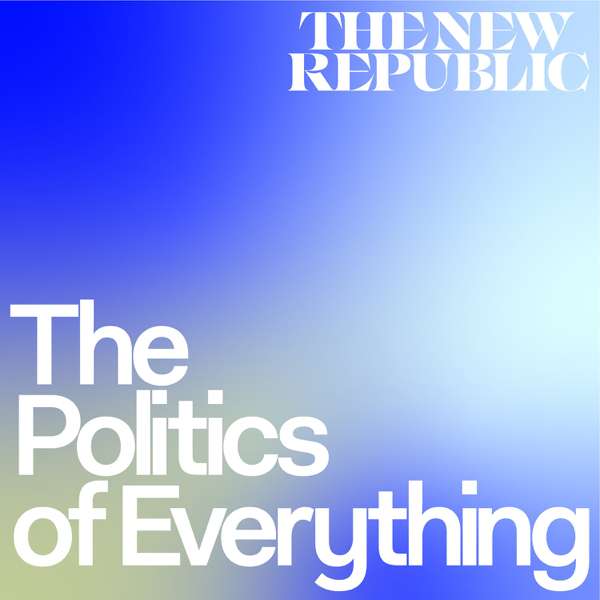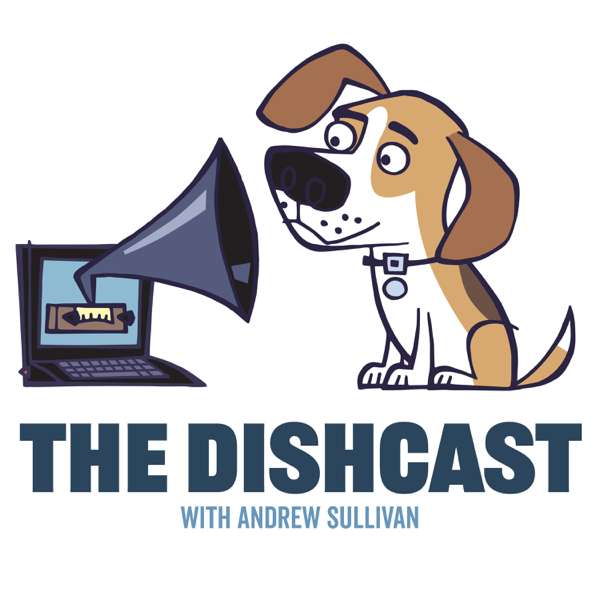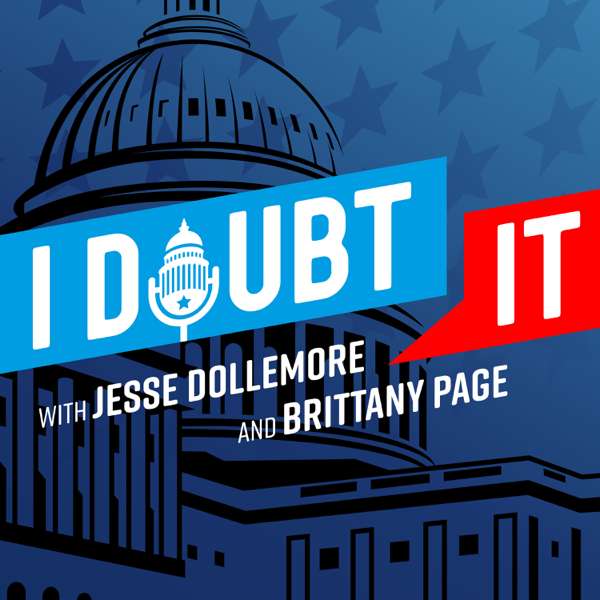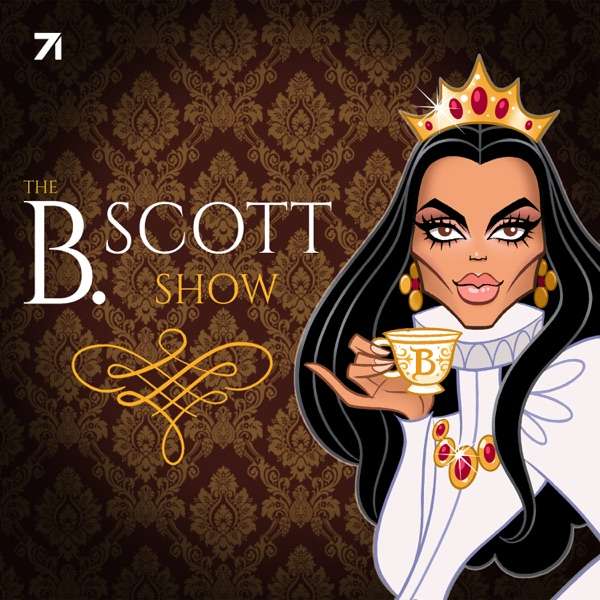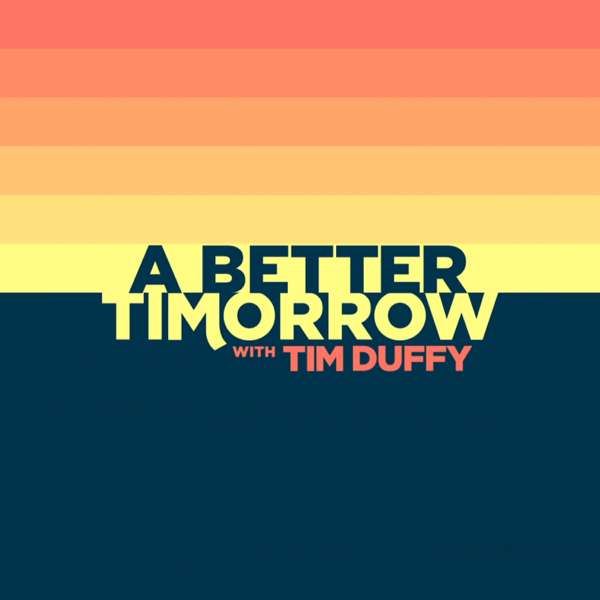The purpose of our twenty-first class is to explore how and why the United States government chose to enter the quagmire of problems in Vietnam and then to outline the key stages in the fighting as well as the major diplomatic efforts in the Vietnam War. How and why did U.S. foreign policymakers perceive that a serious Cold War problem was developing in Southeast Asia? How exactly did the gradual build-up of forces occur? Students should focus on the challenge posed by the Viet Cong, the growing turmoil in South Vietnam, the Diem assassination, the U.S. anti-war movement, and the Tet offensive. Did Lyndon Johnson make their war into our war? Students should use the lecture and readings to come to their own opinions on the key decisions made by U.S. foreign policymakers: bombing campaigns, Vietnamization, stalemated peace talks, the crescendo of American peace activism at home, the ‘Peace with Honor’ equation, and promises and lies by U.S. officials. Finally, the class should consider how defeat and withdrawal was handled, with what domestic and international repercussions? What was the importance of Franklin Roosevelt, Harry Truman, Dwight Eisenhower, John Kennedy, Lyndon Johnson, Richard Nixon, and Henry Kissinger as foreign policymakers active in one way or another in the Vietnam conflict? What, in particular, are they remembered for? Did they have foreign policy triumphs? Flaws?

 Our TOPPODCAST Picks
Our TOPPODCAST Picks  Stay Connected
Stay Connected


